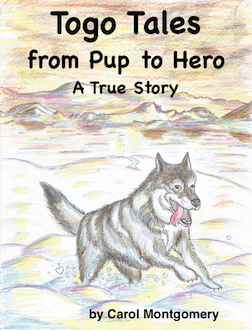publication date: Jul 17, 2012
|
author/source: Carol Montgomery
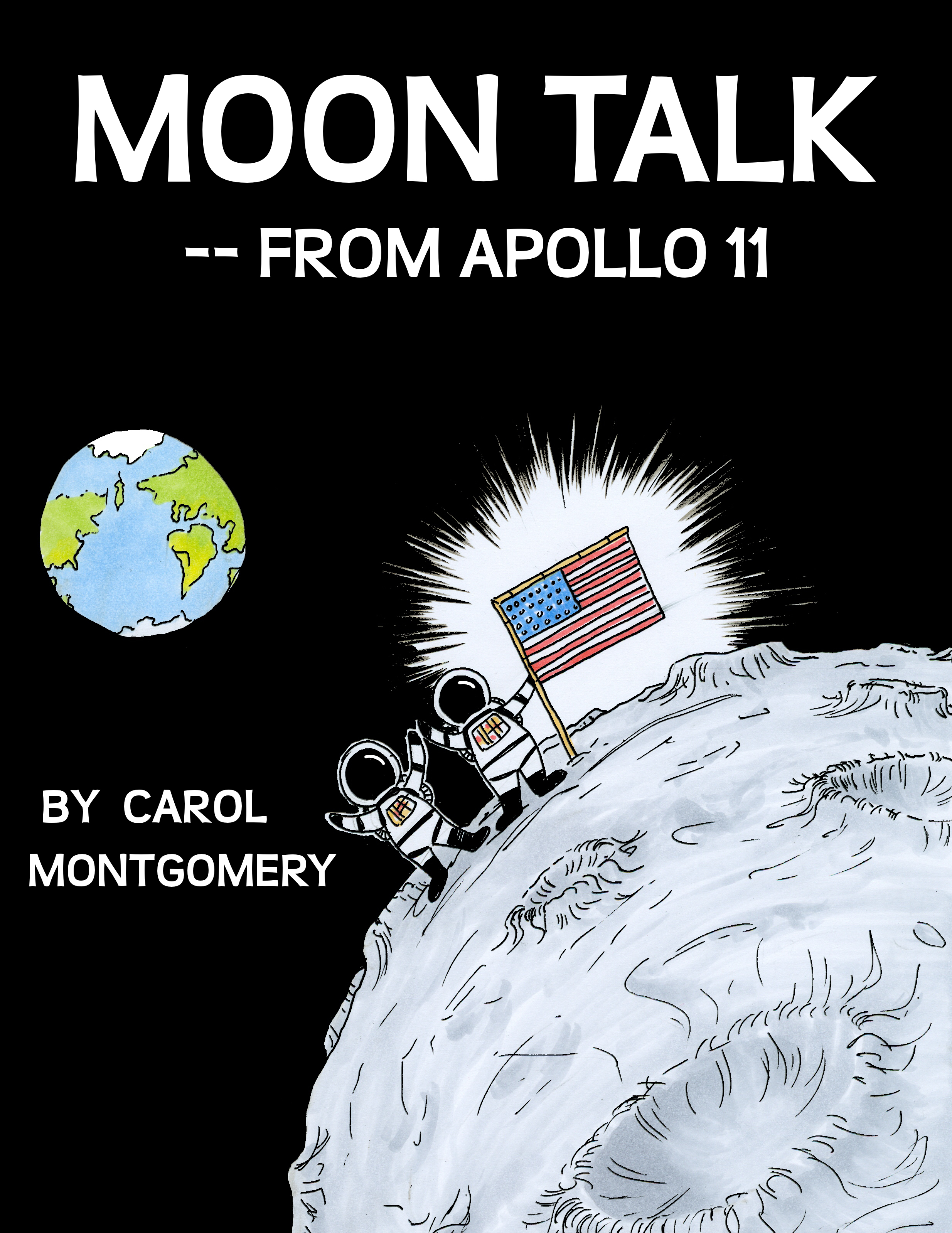 What did the astronauts SAY when they were on the Moon? Direct from NASA's historic transcriptions here's the free printable Readers Theater script that will launch your class to the Moon: "Moon Talk--from Apollo 11 (Quick Version)." Because they talked a LOT while on the Moon we have three versions of the script; this is the shortest, but it's still about 13 minutes long.
What did the astronauts SAY when they were on the Moon? Direct from NASA's historic transcriptions here's the free printable Readers Theater script that will launch your class to the Moon: "Moon Talk--from Apollo 11 (Quick Version)." Because they talked a LOT while on the Moon we have three versions of the script; this is the shortest, but it's still about 13 minutes long.
Complete with 6 pages of annotated curriculum links for easy lesson plans, this space science Readers Theater script is adaptable for small group or whole class participation (optional chorus with Mission Control). You could also assign buddy readers for the 2 astronauts and the narrator parts. Historically accurate and extensively researched, "Moon Talk--Apollo 11 (Quick Version)" is perfect for upper elementary or middle school classes.
TIME: about 13 minutes CAST: 5+ TONE: historic, educational, scientific READABILITY: grade 5.8 (check vocabulary list on the front page)
Below is an excerpt from this historic space Readers Theater script. (Note: The numbers on the right side or underneath some lines represent periodic references to the actual NASA transcript in case someone wants to look up the original document. Every quote is not listed with a number, but they are in sequential order. They are always on the right on the PDF, but may not be on your computer screen.)
Moon Talk--from Apollo 11 (Quick Version)
Adapted for Readers Theater by Carol Montgomery ©2012
From NASA’s Apollo 11 Lunar Surface Journal*
(Transcript and Commentary Copyright 1995 by Eric M. Jones)
Narrator: It’s been four days since the Saturn rocket launched into space with the Columbia Command Module and the Eagle Lunar Module. Today we’re in for a treat as we hear parts of the astronauts’ actual conversation, live from the Moon and outer space.
Aldrin: You’ll hear me, Buzz Aldrin, as I explore the Moon.
Armstrong: And, you’ll hear me, Neil Armstrong, as I become the first man who walks on the Moon.
Narrator: The world has waited a long time for this day, July 20,1969. After two alarms went off earlier do to computer overloads, many now hold their breath because they’ve heard the announcement that the Eagle has only 60 seconds of fuel left before they have to land. The Moon is filled with craters and mountains. The astronauts have taken over manual control from the computer.
Mission Control: Houston Mission Control here. You have 30 seconds of fuel remaining.
Armstrong: Can’t land on a crater....or on those boulders.
Aldrin: We’re close.....drifting forward a little. That’s good. Contact light.
Armstrong: Shutdown. [102:45:43]
Aldrin: Okay. Engine stop.
Mission Control: We copy you down, Eagle.
Armstrong: Engine is off..... Houston, Tranquility Base here. The Eagle has landed. [102:45:58]
Mission Control: Roger, Tranquility. We copy you on the ground. You have a bunch of guys about to turn blue. We’re breathing again. Thanks a lot. [102:46:06]
Aldrin: Thank you.
Mission Control: You’re looking good, here.
Narrator: The astronauts, Buzz Aldrin and Neil Armstrong, prepare for immediate lift-off in case the landing damaged their fuel tank. Meanwhile, Michael Collins, orbits the Moon waiting to pick up his fellow astronauts whenever they leave the Moon. The pilot of Eagle, Neil Armstrong, speaks...
Armstrong: Hey, Houston, that may have seemed like a very long final phase. The Auto targeting was taking us right into a football-field-sized crater, with a number of big boulders and rocks for about one or two crater diameters around it... [102:55:16]
Mission Control: Roger. We copy. It was beautiful from here, Tranquility. Over.
Aldrin: We’ll get to the details of what’s around here, but it looks like a collection of just about every variety of shape, angularity, granularity, about every variety of rock you could find. The color is...Well, it varies pretty much depending on how you’re looking... Over. [102:56:02]
Narrator: The Sun, low in the sky, reflects brightly as the astronauts look out the window while they get ready to exit.
Mission Control: Roger. Copy. Sounds good to us, Tranquility. We’ll let you press on through the simulated countdown, and we’ll talk to you later. Over.
Armstrong: Roger.
Aldrin: Okay. This one-sixth g is just like the airplane. [102:57:01]
Narrator: The astronaut, Buzz Aldrin, notices he feels less gravity pull on his body on the Moon than on Earth.
Mission Control: Roger, Tranquility. Be advised there are lots of smiling faces in this room and all over the world. Over.
Armstrong: Well, there are two of them up here. [102:57:15]
Mission Control: Roger. That was a beautiful job, you guys.
Narrator: Buzz Aldrin and Neil Armstrong collect rocks, set up science stations, and do their checklists while Michael Collins continues to orbit the Moon waiting for his friends. (Continued...)
***Click on the PDF link below to see the full printable version of the historic space Readers Theater script, "Moon Talk--from Apollo 11 (Quick Version)."
Download the PDF "Moon Talk--from Apollo 11 (Quick Version)," a science and history script based on the flight of Apollo 11 with the first men on the Moon.
What did the astronauts SAY when they were on the Moon? Direct from NASA's historic transcriptions here's the free printable Readers Theater script that will launch your class to the Moon: "Moon Talk--from Apollo 11 (Quick Version)." Because they talked a LOT while on the Moon we have three versions of the script; this is the shortest, but it's still about 13 minutes long.
Complete with 6 pages of annotated curriculum links for easy lesson plans, this space science Readers Theater script is adaptable for small group or whole class participation (optional chorus with Mission Control). You could also assign buddy readers for the 2 astronauts and the narrator parts. Historically accurate and extensively researched, "Moon Talk--Apollo 11 (Quick Version)" is perfect for upper elementary or middle school classes.
TIME: about 13 minutes CAST: 5+ TONE: historic, educational, scientific READABILITY: grade 5.8 (check vocabulary list on the front page)





 What did the astronauts SAY when they were on the Moon? Direct from NASA's historic transcriptions here's the free printable Readers Theater script that will launch your class to the Moon: "Moon Talk--from Apollo 11 (Quick Version)." Because they talked a LOT while on the Moon we have three versions of the script; this is the shortest, but it's still about 13 minutes long.
What did the astronauts SAY when they were on the Moon? Direct from NASA's historic transcriptions here's the free printable Readers Theater script that will launch your class to the Moon: "Moon Talk--from Apollo 11 (Quick Version)." Because they talked a LOT while on the Moon we have three versions of the script; this is the shortest, but it's still about 13 minutes long. 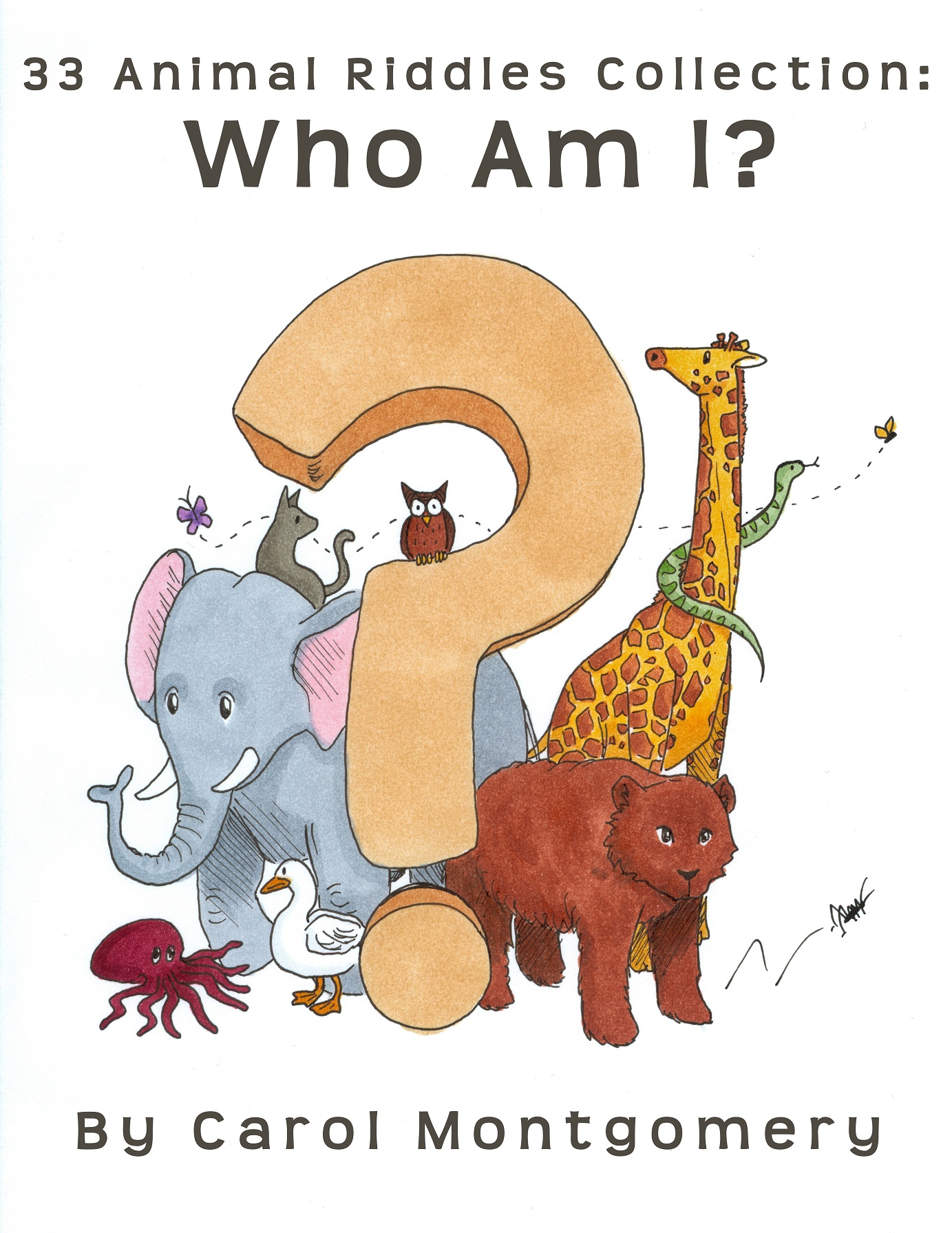

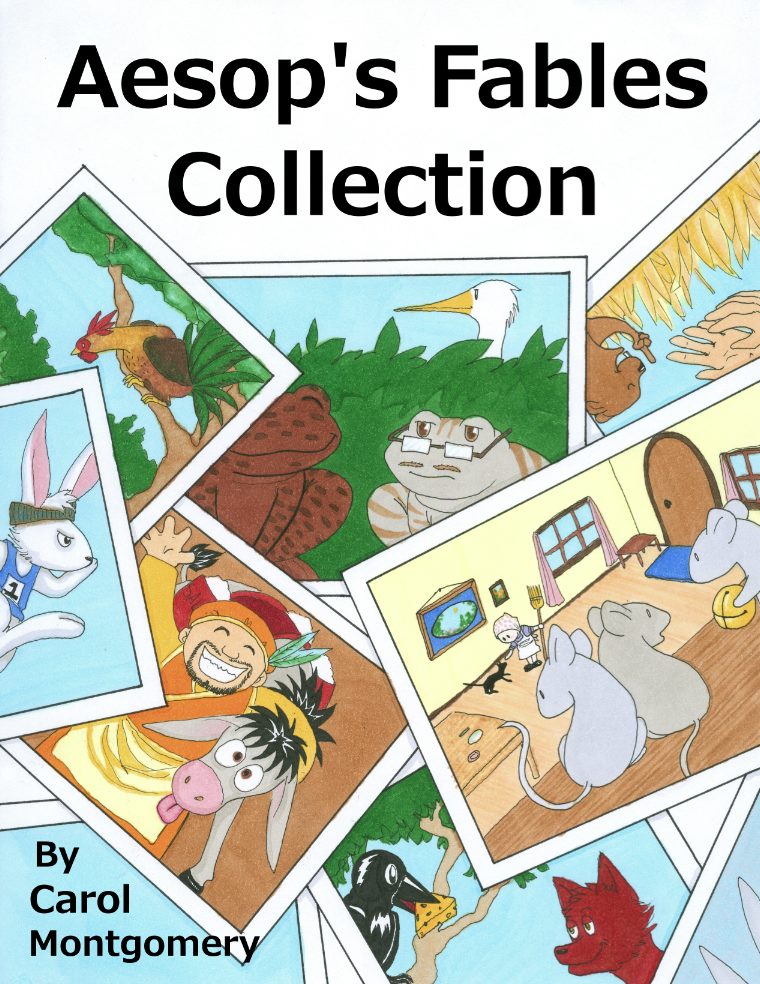
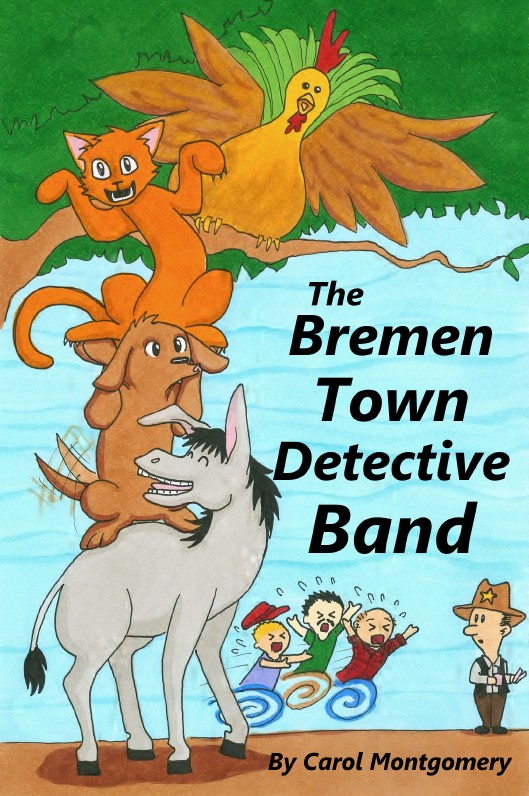
.jpg)

